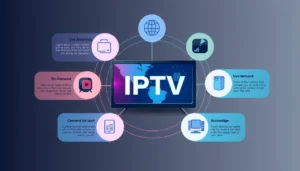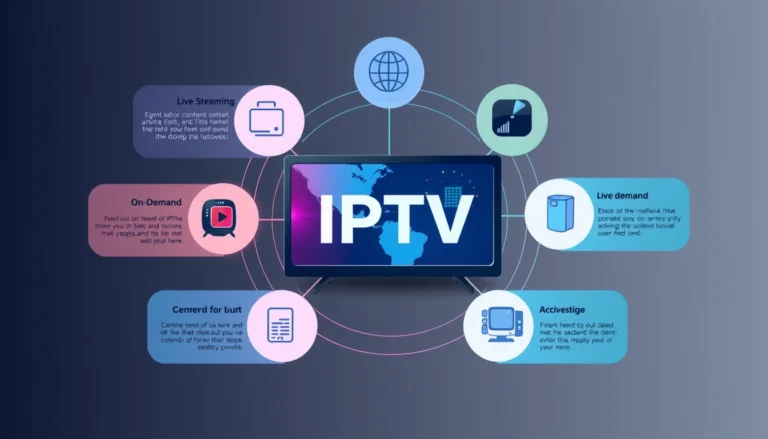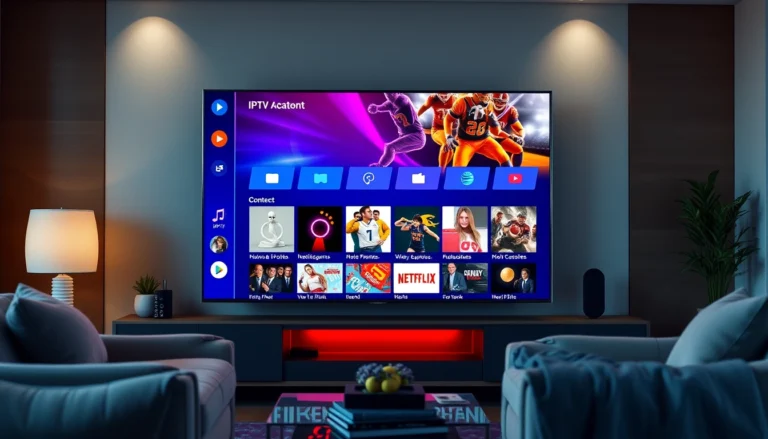Let’s face it – electronics are everywhere in our lives. From the smartphones we use to the cars we drive, electronics have become an integral part of our daily routines. And while some may find them complex and intimidating, mastering the basics of electronics is not as daunting as it seems. In fact, with a solid understanding of the fundamentals, you can build and repair a wide range of electronic devices, and have a deeper appreciation for the technology that surrounds us. In this article, we will cover the essential principles and components of electronics to help you on your journey of mastering the basics. So let’s dive in and explore the world of electronics! To begin our journey, let’s first understand what exactly electronics are. Simply put, electronics refer to the study, design, and use of electronic devices and circuits that operate using electricity. This includes everything from tiny microchips to large electrical systems. Most electronic devices consist of basic components such as resistors, capacitors, diodes, transistors, and integrated circuits. These components work together to control the flow of electricity and create various functionalities. One of the building blocks of electronics is the resistor, which as the name suggests, resists the flow of electricity. This component is used to limit the amount of current that flows through a circuit. Another important component is the capacitor, which stores electrical charge and releases it when needed. Diodes are essential for controlling the direction of current flow, and transistors are used for amplifying or switching electronic signals. Finally, integrated circuits combine several components onto a single chip, allowing for more complex functionality in a smaller size. Now, you may be wondering how all of these components come together to create functional electronic devices. This is where circuits come into play. A circuit is a path through which electrical current can flow, created by connecting the various electronic components. There are two common types of circuits- series and parallel circuits. In a series circuit, the components are connected in a single path, whereas in a parallel circuit, the components are connected in multiple paths. Understanding circuit designs is crucial in electronics, as it allows for the creation and repair of electronic devices. Moving on, let’s explore the concept of voltage and current, key principles in electronics. Voltage is the force that moves electricity through a circuit, while current is the measure of the flow of electricity. These two concepts are related through Ohm’s law, which states that voltage equals current multiplied by resistance. By understanding this relationship, one can design circuits and troubleshoot issues in electronic devices. As we have covered the basics of electronics, it is important to note that electronics are not limited to just devices and circuits. In fact, many of the electronic devices we use today rely on computer technology. This includes microprocessors, which are the brains of small electronic devices such as smartphones and laptops. They are responsible for processing information and controlling the functions of the device. Additionally, microcontrollers are used in larger electronic systems such as cars and appliances to perform specific tasks. Now that we have covered the essential principles and components of electronics, it’s time to put your knowledge to the test. Start by experimenting with simple electronic projects such as building a basic circuit or creating a LED light display. There are also many online resources and tutorials available to guide you in your learning journey. As you progress, you can challenge yourself with more complex projects and even consider pursuing a career in electronics. In conclusion, mastering the basics of electronics may seem like a daunting task, but with patience and determination, you can gain a solid understanding of the fundamentals. From understanding electronic components and circuit designs to exploring the role of computer technology in electronics, this article has covered the essentials to help you on your way. So why wait? Start your journey of mastering the basics of electronics today and open up a whole new world of possibilities. And remember, for all your electronic needs, be sure to check out elektronika24.pl, where you can find a wide range of products and resources to support your learning.
Mastering the Basics of Electronics
You May Also Like
Unlock the Magic: IBLBet!
August 29, 2024
Unleash Your Luck: IBLBET
August 29, 2024
Unleash Your Luck: iBLBET
August 29, 2024
More From Author
Sample Post Title
September 10, 2024
Unleash Flavor with JNP Bar Salt 6000 – Explore Premium Nicotine Salts
September 9, 2024















+ There are no comments
Add yours